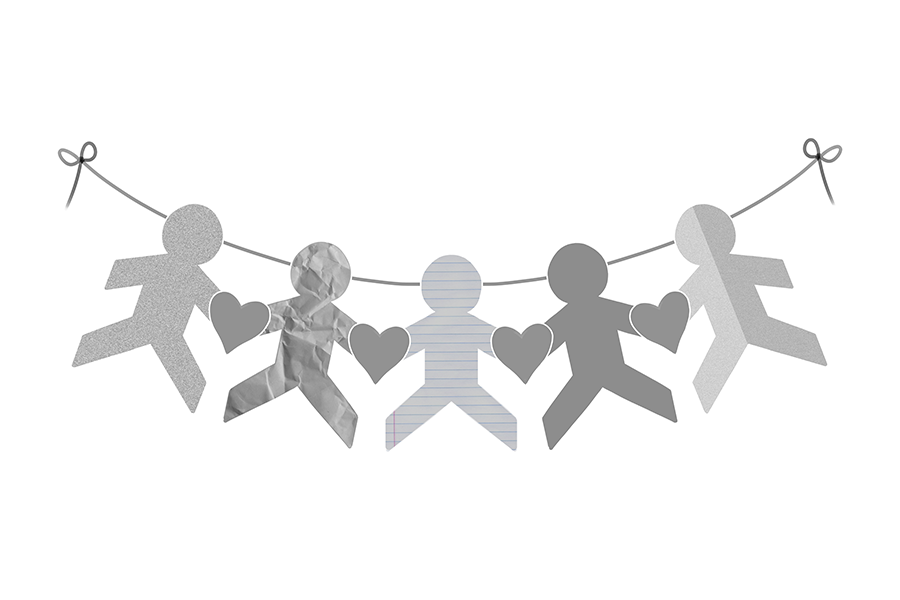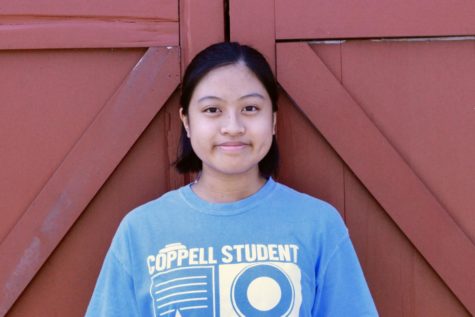We can be the change
December 14, 2019
Almost 60 years ago, America was in a state of transition and generational challenges, defined by counterculture movements led by the youth. As those in power drafted them to a war most did not believe in and the Civil Rights Movement reached its climax, the youth stood up against what they felt was unjust, turning the tide on national conversations.
America, despite all the progress that has occurred since the 1960s, remains plagued with social inequality and corruption in our government and businesses. With our generation, Generation Z, being the most diverse generation in American history and perhaps a more aware generation due to the pervasiveness of information, we have the capability to bridge divides in our country at a time when polarization seems at its peak.
Our generation has already shown we are capable of organizing and driving movements. The March for Our Lives movement, for example, grew from a group of Floridian school shooting survivors to a nationwide movement driven by the youth, but encompassing people of all ages. Worldwide, climate strikes initiated by teenagers lead the way on public climate action, putting pressure on those who can enact lawful change.
However, we can only hope to accomplish change if we use our assets – diversity, heightened awareness, and momentum – for the greater good. That starts at the community level.
Being part of a community teaches us from a very young age how to be civil, empathetic, trustworthy and kind as we interact with others. Our local communities, on average, are growing more diverse, which allows us a lens to see through the struggles of those who come from different backgrounds or situations. By initiating conversations with a peer, there is much we can learn about the prejudices they face or the concerns they have about social inequality. One of the strongest contributors to prolonged social inequality is simply a lack of exposure to diversity, whether racial, economic or otherwise, and cross-cultural programs could be useful in facilitating this exposure.
In a city such as Coppell, in which the median income is higher than many other Dallas neighborhoods, it requires an open mind to truly understand the struggles of a peer in a different situation. We hold food and clothing drives, but do we truly understand why we conduct this service? Many people may take part in a drive, but when it comes to policy, are more hesitant about sharing the wealth.
Changing socioeconomic inequality is a large and complex process, but the first step is to make ourselves, as a society, more compassionate and empathetic. A 2017 study by the National Institute of Health suggests that Americans’ sensitivity and support for such programs and policies to lessen economic inequality increases as they learn more about economic disparities.
This holiday season, consider meeting with a friend of a different religious belief and understanding their culture and background. As clothing and food drives are held, offer to deliver donations and visit a neighborhood in need. We even can take advantage of the fact that we are more connected than ever through social media to put ourselves in someone else’s shoes in order to bring about collective change, even if we cannot experience this firsthand. Increasing our sensitivity to those in need or simply those who live differently will help us be able to tackle larger issues in the future.
Our generation has enormous potential to be the change we want to see in the world. We live in an age where information is more readily accessible than ever and our peer demographics are shifting.
Now, as we grow into the new leaders and policymakers of our age, it’s time we use our assets to make such change.










